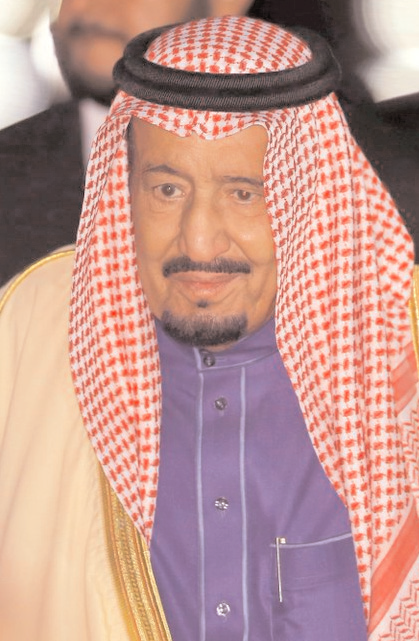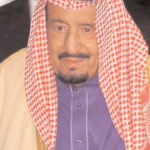
Tensions rise between Saudi rulers and clerics over cultural reforms
JEDDAH (TIP): When senior Saudi cleric Abdulaziz al-Tarifi told his almost one million Twitter followers that musical instruments were ungodly, it helped spark a hashtag among likeminded Saudis that “the people reject music academies”.
The hashtag, echoing the language of Arab Spring revolts elsewhere, captured the hostility to reforms that introduced entertainment events from rock concerts and comedy shows to kickboxing into the conservative kingdom.
But Nora Shanar, a writer at Saudi newspaper Elaph, spoke for swathes of people when she shot back to defend a shake-up of the Saudi cultural scene: “Don’t speak in the name of the people.” “Speak in the name of those who don’t love life and forbid music when God himself did not.”
newspaper Elaph, spoke for swathes of people when she shot back to defend a shake-up of the Saudi cultural scene: “Don’t speak in the name of the people.” “Speak in the name of those who don’t love life and forbid music when God himself did not.”
Such exchanges highlight strains between the ruling family’s alliance with conservative clerics which have been exposed as a reformist and powerful prince works to diversify the economy away from oil and permit new freedoms among Saudis steeped in cleric-imposed puritanism.
The entertainment events aimed at creating more jobs were allowed by Deputy Crown Prince Mohammed bin Salman, head of the royal court, defence minister and son of King Salman, as a matter of economic survival as well as entertainment for Saudi citizens, dependent for decades on welfare state benefits. The changes are also intended to capture up to a quarter of the $20 billion currently spent overseas by Saudis, who are accustomed to travelling abroad to see shows and visit amusement parks in nearby tourist hub Dubai or further afield.
But the price for the Al Saud and for a powerful business class that supports modernisation and a greater role for women has been tensions with traditionalist clerics upon whose support the ruling family relies for its legitimacy.
The Wahhabi religious establishment has had a symbiotic relationship with the Al Saud dynasty since the mid 18th century, offering its rule Islamic legitimacy in return for influence over important chunks of the state such as education and the judiciary, and a network of mosques and universities.
The clergy suspect bold initiatives conceived by the prince in leisure and tourism presage sweeping reforms in education, a bastion of conservativism where clerical control is believed by Western nations to have encouraged Islamist radicals – not just in Saudi Arabia but across the Muslim and Arab worlds. As a result, resistance to reforms like women’s employment and the encouragement of teaching on technical subjects persists in many corners of Saudi Arabia, the birthplace of Islam, propelled by clerics with vast social media followings.
REFORMS AIM TO BOOST ECONOMY: Bernard Haykel, professor of Near Eastern Studies at Princeton, expected the “overwhelmingly powerful” Saudi state could drive its social and economic reforms through despite conservative unease, using the argument they were vital for economic survival.
“The interesting thing about this moment is that you see, in effect, social liberalisation but not for ideological reasons but for purely economic, fiscal and budgetary reasons,” he said.
Haykel suggested there was a risk that any future popular economic discontent might be manipulated or mobilised by disaffected religious conservatives or opponents of MbS, as the 31-year-old deputy crown prince, is known. (AP)




Be the first to comment